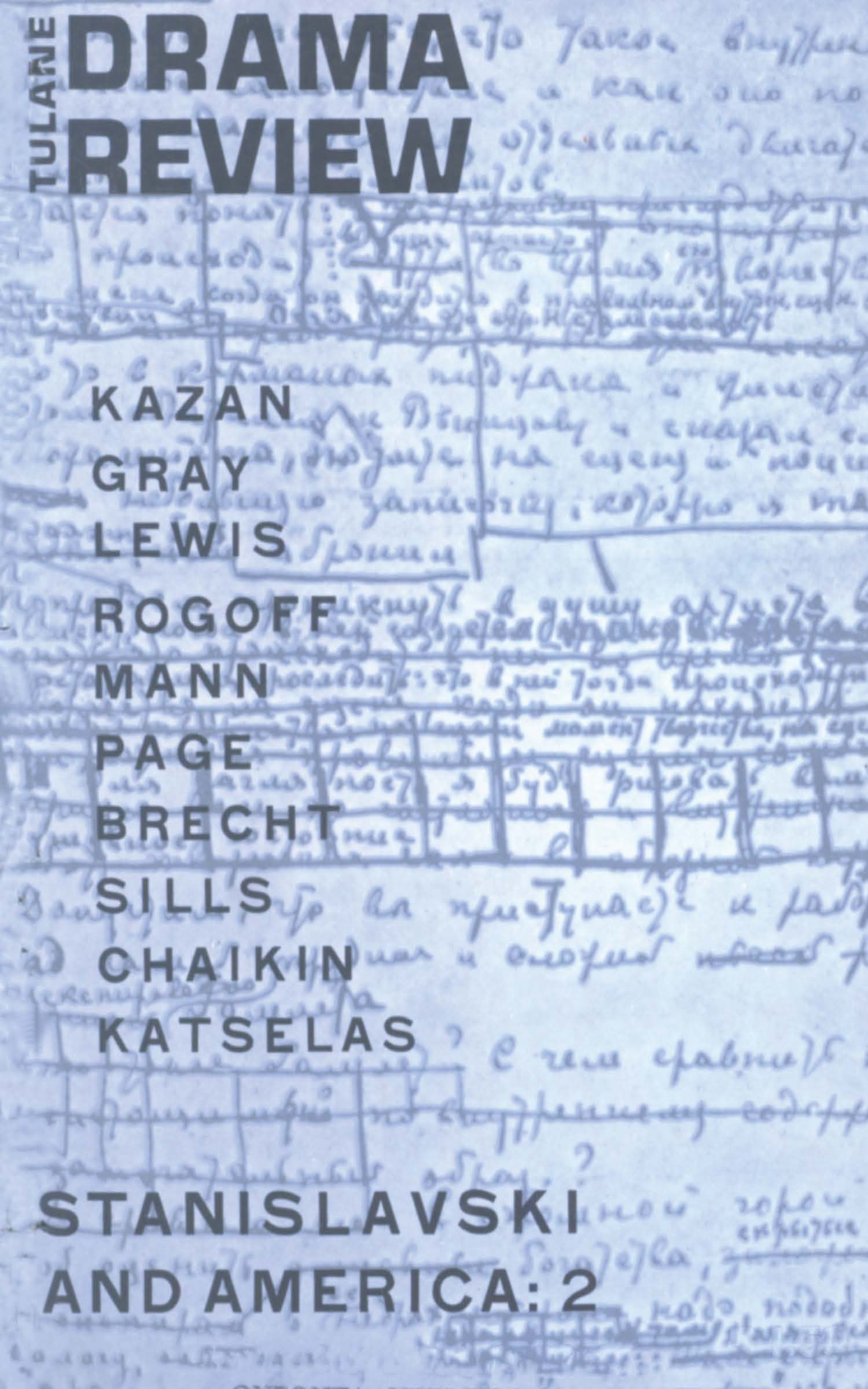Article contents
Extract
There are two versions of Laius’ murder in Oedipus Rex. First, there is the version that is current in Thebes and is expressed by Creon, Jocasta, the Chorus, and presumably the Shepherd if he were to talk about it. Second, there is Oedipus’ version.
The first version is essentially this: one day, not too long before the Sphinx came to terrorize Thebes, Laius set out—so he said—to Delphi. He did not travel as a king generally might with a great many soldiers, but with only four of his men, one of whom was a herald. Laius himself rode in a chariot. At a place where three roads meet, Laius was met by a group of robbers.
- Type
- Research Article
- Information
- Copyright
- Copyright © 1965 The Tulane Drama Review
References
1 Citations from the play in my text are to Sophocles, Oedipus the King, trans. David Grene (Chicago: University of Chicago Press, 1954).
2 There is a suggestion of a third version of the murder, also. The Chorus recalls an “old faint story.” The interchange is intriguing:
Chorus. It was said that he was killed by certain wayfarers.
Oedipus. I heard that, too, but no one saw the killer.(293-294)
Here again we have the contradiction between a number of killers and one killer. Jebb translates Oedipus’ reply as: “I, too, have heard it, but none sees him who saw it.” This problem is related to die contradictions of the sequence of the Shepherd's actions (see footnote number 3).
3 It is not certain anyway that the Shepherd was an eye-witness to the murder. Jebb has noted this “mistake.” Jocasta's story about the Shepherd doesn't make sense: “No, when he came home again and saw you king and Laius was dead…” (758-759). If the Shepherd returned directly to Thebes after the murder, Oedipus should not yet have been king. Nor would he have discovered that Laius was dead since he saw Laius murdered. How could the Shepherd return after Oedipus took the throne, since it was through the Shepherd that the Thebans found they needed a new king? Either this is a mistake as Jebb believes, or it is one of the many (I believe) deliberate paradoxes Sophocles sets out before us. As in the case of the murder of Laius, if we think for a moment that the Shepherd didn't see the killing, we must look with fresh insight into his confrontation with Oedipus.
4 It is interesting to note how Oedipus on purpose misinterprets the information about Laius’ murder given to him by Creon. Creon is quite clear that it was a number of robbers who did the deed. Almost widiout exception, Oedipus changes this to murderer. It is only when he is confronted by Teiresias that he tells the story correctly using the plural.
5 The certainty of this guilt, like so much of the rest of the structure of the play, has to be understood to rest on a paradox. I would not want anyone to think that in this section of the essay I am making a definitive interpretation of the play. After all, there are other suspects, and the guilt or innocence of all of them remains in question. Here I am suggesting only one of many contradictory sides of the play.
6 Creon contradicts himself later.
Oedipus. You never made a search for the dead man?
Creon. We searched, indeed, but never learned of anything.(566-567)
Again we must ask ourselves whether this is a mistake or a deliberate piece of writing.
7 An analysis of the text shows that the plague is more than a simple physical disease.
- 3
- Cited by




